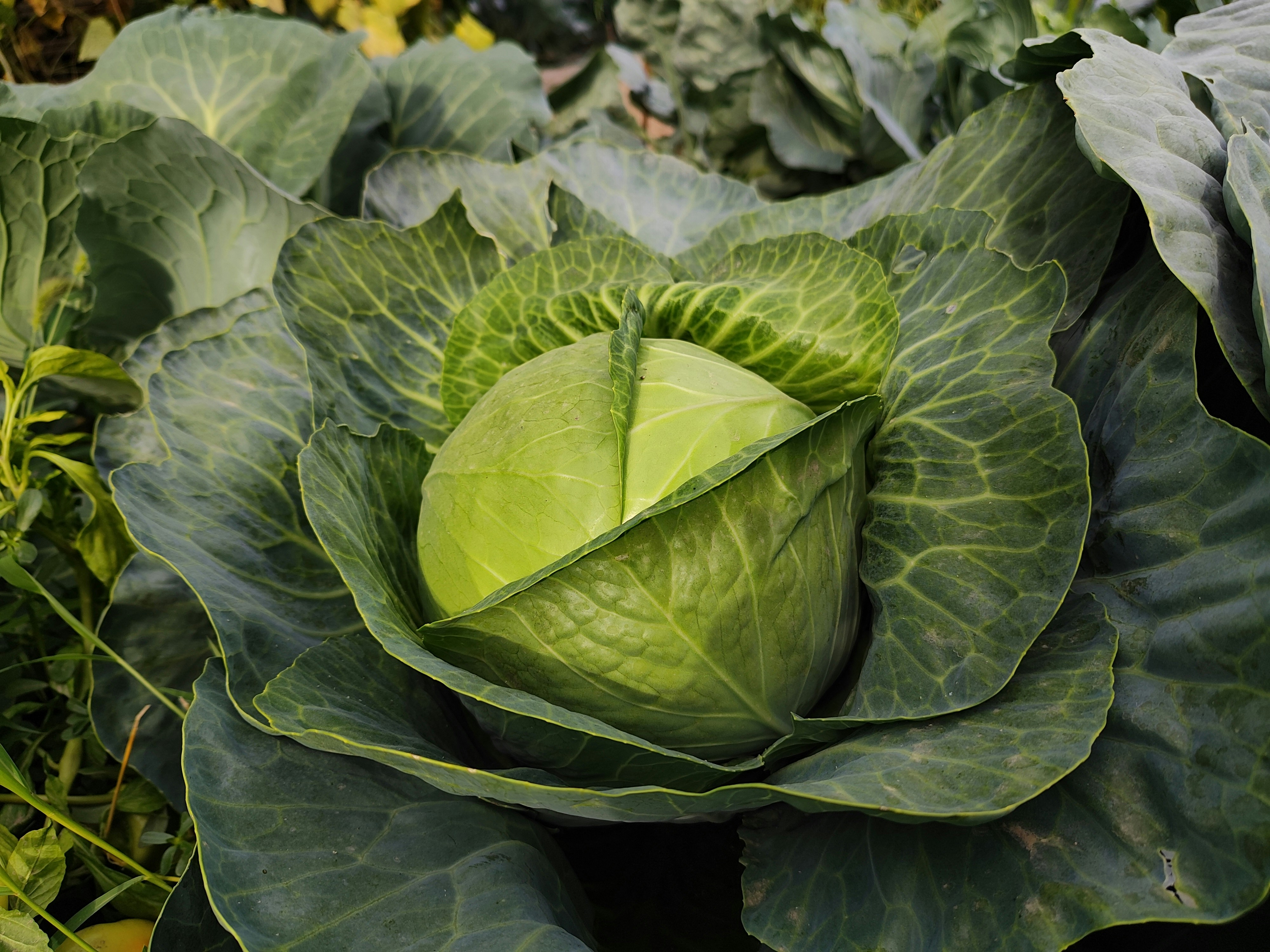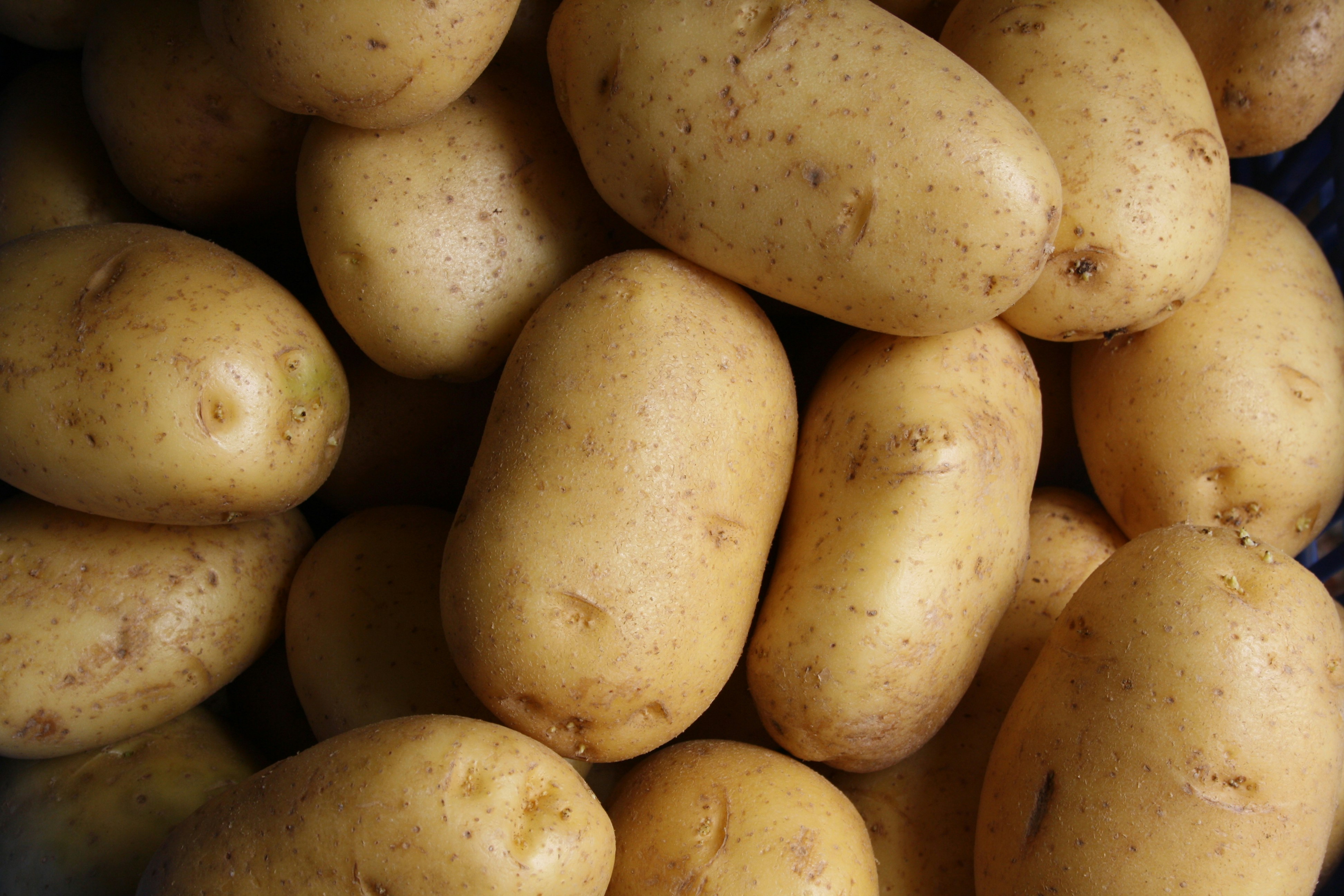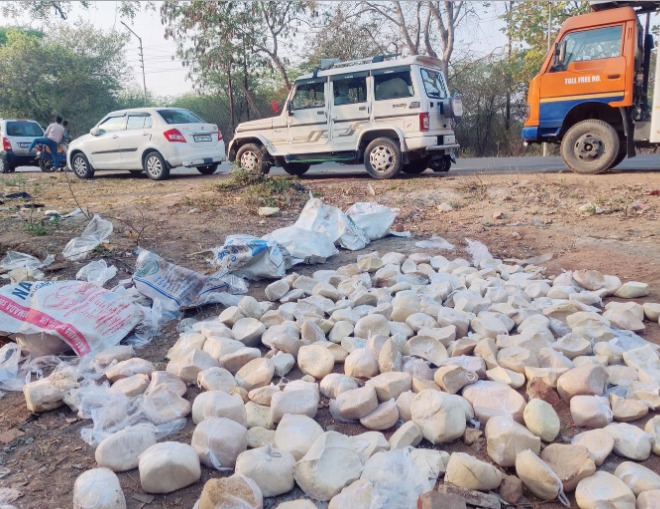The picture was quite clear. Even the in-laws of 24-year-old Aarti Kataria wanted a proper gap between their grandchildren. But the urge of Aarti's husband for a male child, following a girl child 12 months before, is what triggered the entire problem.Though Aarti gave birth to a chubby baby boy, the heavy loss of blood and weakness initially, and her professional career later became a barrier between the child and his nutrition. Lack of time to breast feed, leading to a continuous supply of powdered milk and other supplements made the child contract severe pneumonia in the very first month of his birth.Despite knowing that the reason behind her child's condition was lack of mother's milk - which she was unable to provide due to her busy schedule - the family refused to fall back on mothers' milk banks - which make available donated human milk to those in need. However, scared by the doctors' repeated warnings to keep the child away from artificial milk and supplements, the Katarias decided to give milk banks a chance and seeing the improvement in her son's health, Aarti was happy. She even endorsed the idea to her colleagues - mostly working mothers - who too were facing similar problems.
According to WHO and Unicef, globally only 20 percent of working women are able to breast feed their children - a must for at least for one to one-and-a-half years after birth. The two agencies heartily endorse the idea of mothers' milk banks, calling it the best food if a new born is not able to get his mother's milk."Mothers' milk banks are completely safe for the children. Before taking the milk from the donor mothers, there are checks to ensure that they are healthy and well nourished, with no evidence of tuberculosis or other infectious diseases like HIV or hepatitis," said Ankur Kumar, consultant neonatal, pediatric and adolescent medicine at the Delhi-based BLK Super Speciality Hospital. He said that before taking the donors' milk, it is ensured that the woman is not on any medication and, most importantly, willing to donate.A recent study has found that for every 1,000 babies never breastfed (compared to 1,000 babies exclusively breastfed), there were more than 2,000 extra visits to the doctor, 212 extra days of hospitalisation and 609 extra prescriptions in the first year of life. The burden is huge in developing countries like India, Sri Lanka, Bangladesh and several others in the Southeast Asian region where health resources are poor. The first mothers' milk bank in Asia was started in Mumbai on November 27, 1989.
(A Milk Bank in Rajasthan That Saves Lives)
Explaining the milk collection process, Amrita Desai, lactation consultant at the Pune-based KEM Hospital, said, "Breast milk is collected by trained staff, after taking full aseptic measures. The breast milk is either extracted manually or with breast pumps. The milk is collected in properly labelled sterile containers and transported to the banks under cold storage conditions."Desai said that once it collected, it is immediately frozen at 20 degrees centigrade after which a sample is taken for its culture. "If the bacterial culture is negative, then the milk is pasteurized," she added. "Milk from a bank is the only solution if babies do not get their own mother's milk. It is imperative that every baby receives breastmilk for growth, immunity, brain development and so on. India has a high infant mortality rate (IMR) due to myths regarding a baby's nutrition," Desai said.Noting that India had only 17 milk banks, most of which are in Rajasthan, she said Western nations have fully accepted the idea and had far more milk banks than India - 203 in Europe and 16 in North America. Even Brazil has 210 such banks.Bandita Sinha, an expert in obstetrics and gynecology at Mumbai-based Fortis Hiranandani hospital, said that the concept of Mother's milk bank is still at a nascent stage in India. She says, "This is because it is considered a taboo in India to feed the child with the milk extracted from another woman." But she also cautioned that milk should only be taken from those banks that maintain quality control and have the necessary certificates.Emphasizing that mothers' milk banks help those mothers who encounter lactation problems and require support to maintain breast milk supply until the baby can be given supplements, Sinha said: "The mothers' milk bank provides a vital health service for infants whose recovery and long-term health may be compromised by introducing artificial supplements at such an early stage of life.""Women who do not breastfeed are at a potential risk of developing cancer at a later stage. It's proven that woman who suffer from breast cancer during the pre-menopausal period may have contracted this as she had not breastfed her child," she said, adding that women who usually breast feed in their early 30s are more protected as compared to those who do so post age 30.Stating that there was no limitation on babies being given the milk of another woman, Nupur Gupta, consultant at Gurgaon's Paras said, "Babies can be given pasteurized donor breast milk in a variety of cases significant to mother and baby. "The mothers' milk bank is more useful if the baby is premature or orphaned, there are surgical complications, feeding intolerance, insufficient milk supply in the mother's breast and, of course, if there are twins or triplets."









